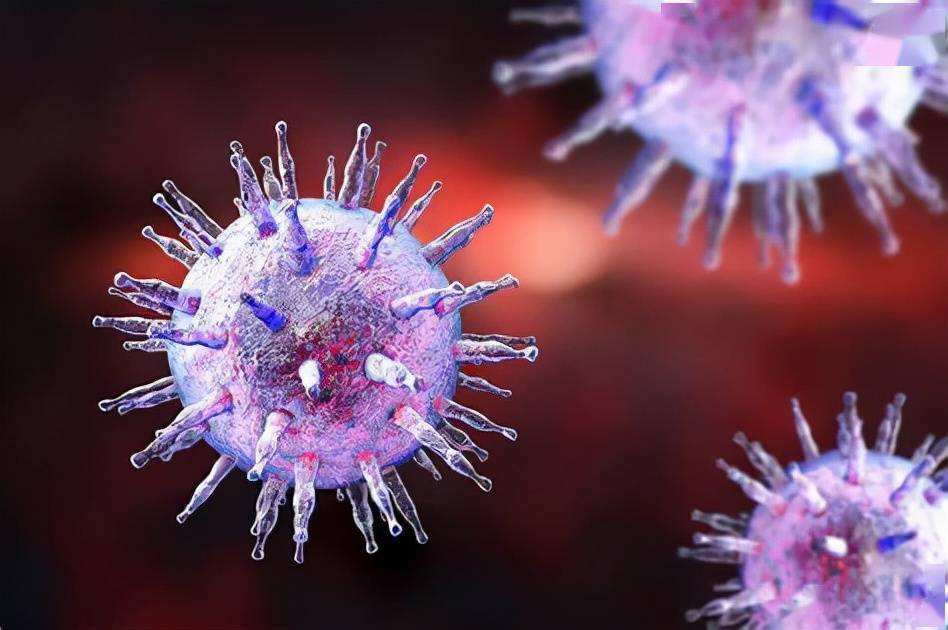Cytomegalovirus infection
Etiology
CMV is a member of the herpesvirus family, which includes herpes simplex virus types 1 and 2, varicella-zoster virus, and Epstein-Barr virus. These viruses share a characteristic ability to establish lifelong latency. After initial infection, which may cause few symptoms CMV becomes latent, residing in cells without causing detectable damage or illness.

Transmission
CMV infects people of all ages. In the United States; nearly one in three children are infected with CMV by age five. Over half of adults have been infected with CMV by age 40, most with no signs or symptoms.
CMV is transmitted by direct contact with infectious body fluids, such as urine, saliva, blood, tears, semen, and breast milk. CMV can be transmitted sexually and through transplanted organs and blood transfusions.
CMV can be transmitted to infants through contact with the mother’s genital secretions during delivery or through breast milk. Healthy infants and children who acquire CMV after birth generally have few, if any, symptoms or complications from the infection. Although the virus is not highly contagious, it has been shown to spread among household members and young children in daycare centers.
Symptoms
In some cases, infection in healthy people can cause mild illness that may include:
- Fever
- Sore throat
- Fatigue
- Swollen glands
Occasionally, CMV can cause mononucleosis or hepatitis (liver problem).
Diagnostic test
Blood tests can be used to diagnose CMV infection in adults who have symptoms. However, blood is not the best fluid to test newborns with suspected CMV infection. Tests of saliva or urine are preferred for newborns.
Treatment
No treatment is currently indicated for CMV infection in healthy people. Antiviral treatment is used for people with compromised immune systems who have either sight-related or life-threatening illnesses due to CMV infection.
TCM treatment
Not available
Prevention
CMV is common in children and can be found in especially high amounts in young children’s saliva and urine. Avoiding contact with saliva and urine from young children might reduce the risk of CMV infection.
Vaccine
Not available
Prognosis
People with weakened immune systems who get CMV can have more serious symptoms affecting the eyes, lungs, liver, esophagus, stomach, and intestines. Babies born with CMV can have brain, liver, spleen, lung, and growth problems.
Complication
The most common long-term health problem in babies born with congenital CMV infection is hearing loss, which may be detected soon after birth or may develop later in childhood.